Institute for Social Justice
Neurodiversity and learning disabilities
Working with people with lived experience of neurodiversity and learning disabilities.
/prod01/yorksjacuk/media/content-assets/safe-images/1600-x-1000/Campus-Wide_01.jpg)
Research in the context of neurodiversity and learning disabilities takes place across the University, including the arts, education and psychology.
Activity in this area often follows an ethos of co-production, engaging people with lived experience as participants and co-researchers.
Our research seeks to impact on policy and practice, working in partnership with schools, the charity and arts sectors and local authorities. Together we aim to develop innovative practice that increased inclusion and opportunities while addressing marginalisation and stigma.
Current projects
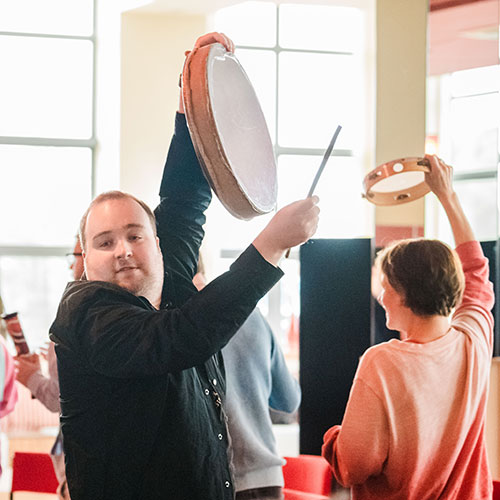
I'm Me
I'm Me is a creative research project that works with learning disabled and autistic artists to explore questions of identity, representation and voice.
Learning disabled and autistic people lack power in our society. They are often seen as vulnerable and needing protection or care. At the same time they are rarely given a voice, even on issues that directly relate to disability. I'm Me works with learning disabled and autistic artists' lived experiences, placing them at the centre of the research process.
Lead by Professor Matthew Reason, I'm Me works with Mind the Gap and in partnership with a network of 6 disability arts companies: About Face, Confidance, Hijinx, Lung Ha, Open Theatre, and Under the Stars. It is funded by the Arts and Humanities Research Council and runs from May 2023 to June 2025.
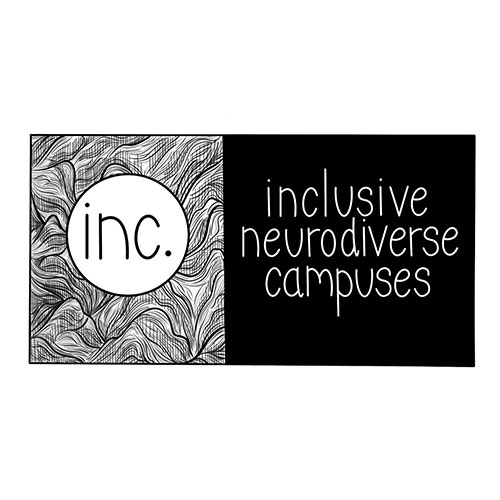
Project Inc (Inclusive Neurodiverse Campuses)
Project Inc is a participatory action-research project led by Professor Lorna Hamilton and Dr Stephanie Petty at York St John University, in partnership with Spectrum First Education Ltd. It maps out neurodiversity affirming practices across all aspects of a university campus.
The project shares responsibility amongst many interacting education, wellbeing, and support systems that contribute to neurodivergent people’s success, in a visible and co-produced installation of neurodiversity-affirming messaging and data collection. We learned that belonging means that neurodivergence is represented, recognised, and valued; we need comfortable and consistent sensory spaces; and people need flexibility to work and learn in different ways. These actions allow many people to attend, be their best, and navigate a neuro-normative hidden curriculum at university.
Findings are influencing local policy and student support practices. A conference keynote address and a reflection on neurodiversity affirming hiring (PDF, 517.61 KB) are the first outputs with grant applications, blogpost, and a website of training resources being designed. Neurodivergent belonging on campus is an ongoing collaboration.
Project Inc developed from an ISJ Community Research Grant.
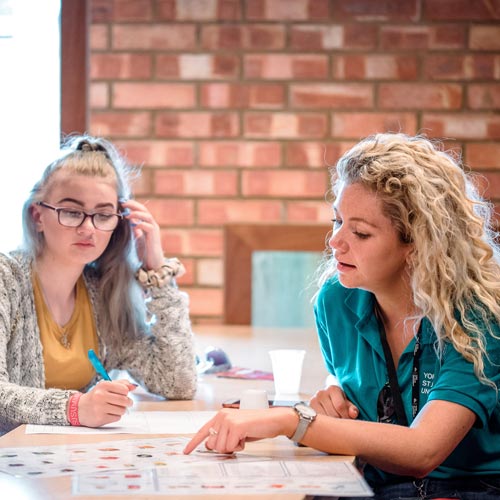
Schools and SENs
We have 2 research projects related to the participation of young people with special educational needs in mainstream schooling in York.
They are both collaborative projects with young people and community partners, seeking to raise awareness of some of the challenges that young people with SEN experience in school, and aiming to bring about positive changes to school experiences:
- AIMSS: Autism Inclusive Mainstream Secondary Schooling
- STEPS: School Transition Experiences for Pupils with SENs
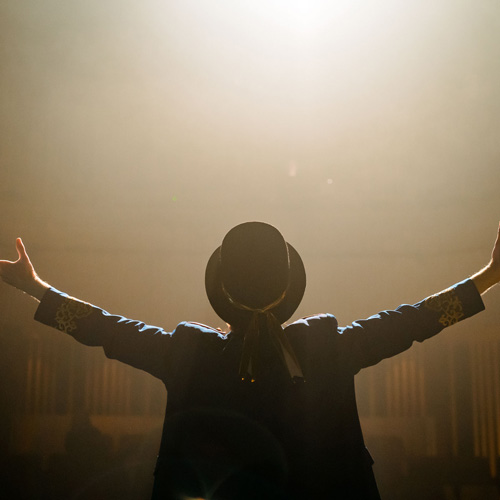
Neurodivergent stages
The Neurodivergent Stages project explores the experiences and practices of theatre-makers who identify as neurodivergent. The project has 2 connected areas of focus:
- The experiences of neurodivergent theatre makers in the theatre industry
- The aesthetics of neurodivergent theatre making as an artform
Having brains that function in different ways is a natural part of human diversity: we are all neurodiverse. However, people who are neurodivergent are often subject to infantilisation and discrimination. The Neurodivergent Stages project explores the two-way relationship between theatre and neurodiversity by asking how neurodivergence impacts on theatre making, and how theatre can offer new perspectives on neurodiversity. We take a broad perspective on neurodivergence, rejected diagnosis in favour of shared cognitive and creative experiences.
Led by Dr Amy Skinner, a neurodivergent theatre-maker and researcher, the project works with neurodivergent artists to create a space where neurodivergent voices are at the heart of theatre research.
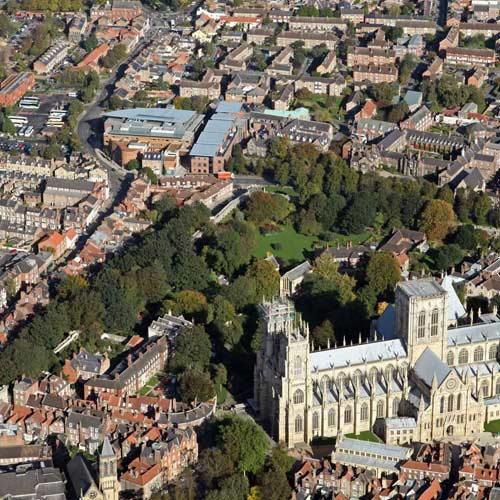
York Autism Community of Practice
York Autism Community of Practice was established in 2013, in collaboration with NHS York Hospitals Trust.
They meet quarterly to provide research-informed professional development and networking opportunities for regional practitioners and community partners with an interest in autism. The Community of Practice's members include health professionals, adult social care practitioners, university researchers, local authority managers, and autistic adults and carers.
We pride ourselves on being a respectful, collaborative, and proactive group with a desire to see positive change for autistic young people and adults in the York area and beyond.
Archived projects
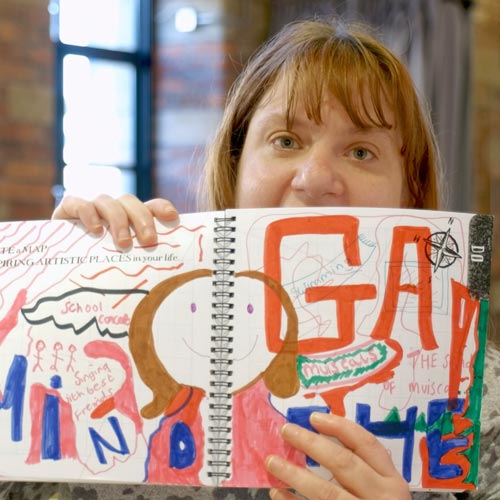
Creative Doodle Book: Inclusive community arts during physical distancing
The disruption caused by COVID-19 has forced many community groups to drastically adapt or even suspend their activities. This has been particularly impactful on organisations working with people with learning disabilities.
The Creative Doodle Book is a hands-on resource developed by Professor Matthew Reason in collaboration with Mind the Gap Theatre Company to support inclusive socially distanced community arts practice during the COVID-19 pandemic. In 2020 and 2021 over 3,500 Creative Doodle Books were distributed to arts organisations, schools and other community groups. We also ran over 115 online workshops, including with over 20 learning disability organisations across the UK. You can read more in our project report or watch a short film about the Creative Doodle Book.
The project received UKRI Arts and Humanities Research Council funding under their Covid-19 urgent calls programme.
